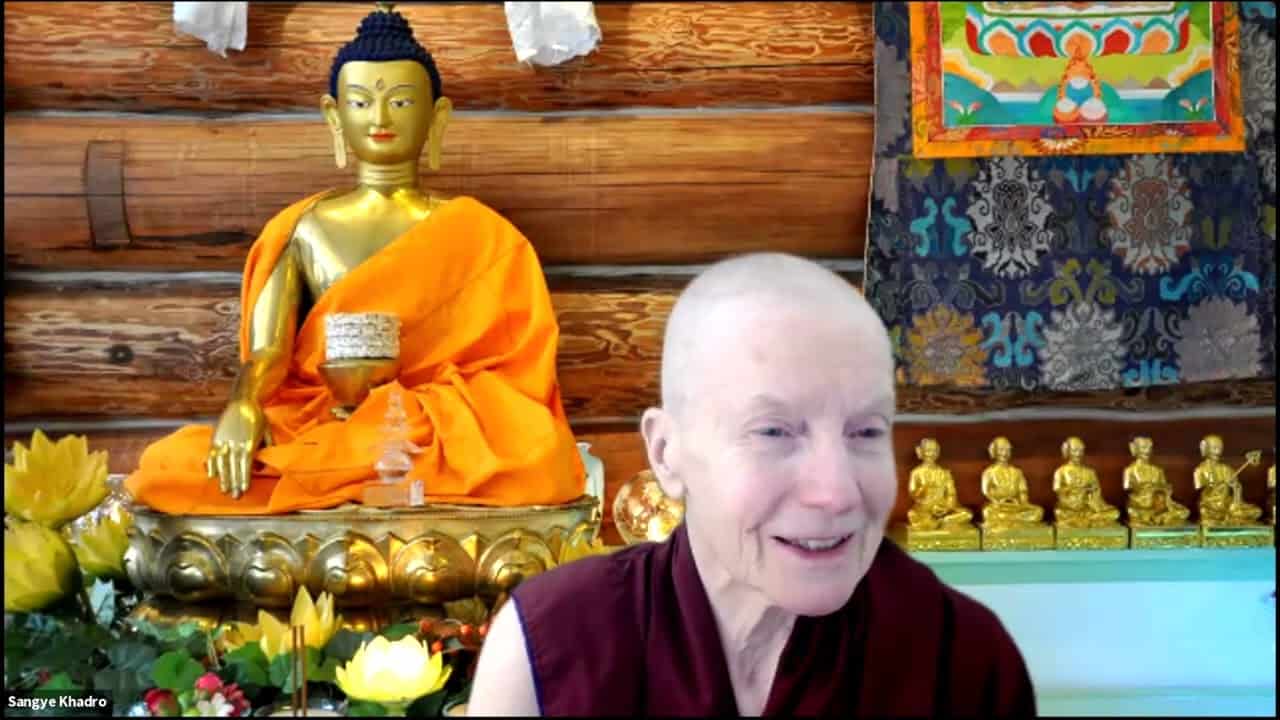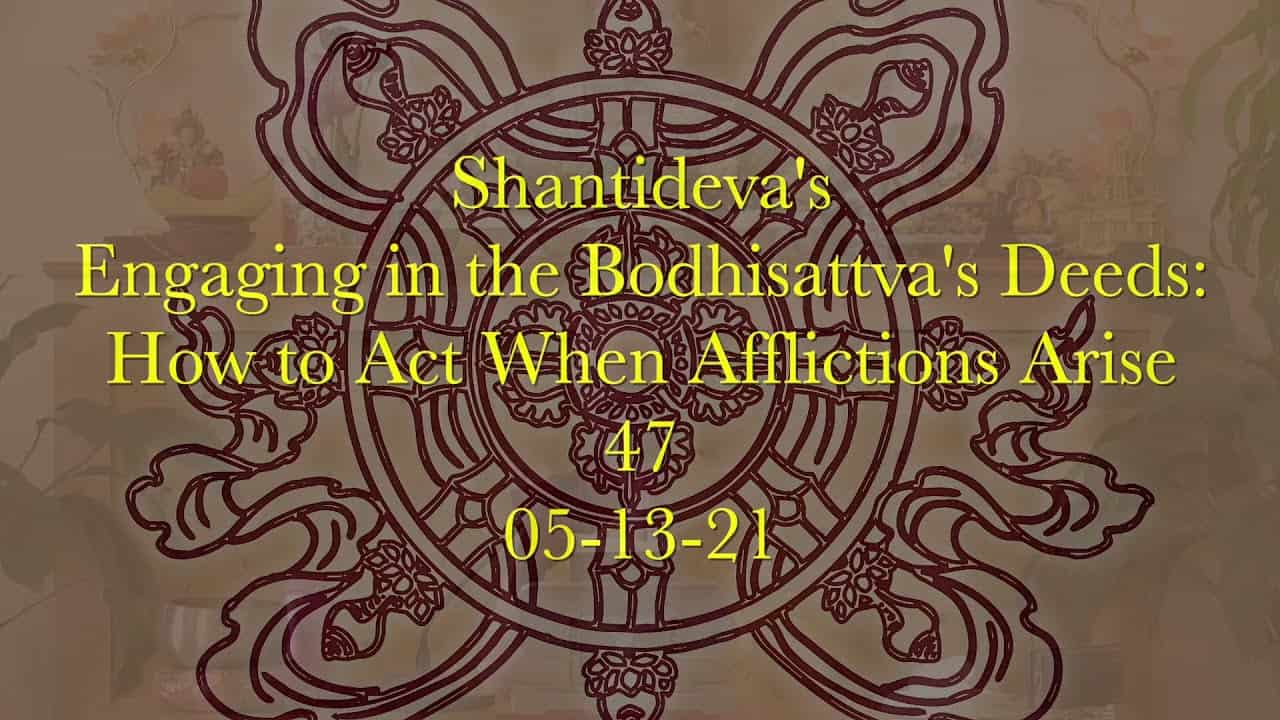The value of monastic life and communities in the 21st century

From a talk given by Venerable Thubten Chodron at the University of British Columbia, Okanagan Campus.
An important element of monastic life for an individual is that it helps you to get your life in shape. You stop being a jerk, as I put it in colloquial language. You get your ethical conduct in line with your values, you have a purpose in life, you know what your spiritual practice is, and the qualities you want to develop. In the beginning, when you’re a “baby” monastic, it is more challenging and you may be confused. But when you’ve practiced more, you become much more settled, and know clearly what your life is about. On an individual level, monastic life is very good if your aim in life is to attain liberation from samsara or full awakening so you that you can be of the most effective benefit to all others.
Not everybody wants to become a monastic, and not everybody should. The Buddhist community needs strong lay practitioners. You can be an excellent lay practitioner; there are many of them. But for me personally, ordaining was the best decision I ever made in my life. I think monastics are important in the West and in all countries because monastics, whether they are Buddhists, Catholic, or of another religion, act as the conscience for society. In that way, we benefit society.
As monastics, our values and our way of life are different. People look at us and ponder, “There’s somebody who doesn’t have a family, doesn’t have sex, but is happy! How is that possible?” Somebody else may say, “They don’t have a car or a second home. They don’t even have any hair. They only have one change of clothes, no make-up, no jewelry. They don’t go to the disco, to the bar, they don’t drink, and are vegetarian. What an ascetic trip! They must be suffering.”
But when they meet monastics, they see that monastics are happy. They think, “Hmmm, they are happy without all those things? Maybe I don’t need all those things either. Maybe consumerism isn’t the way to live my life.” At Sravasti Abbey we recycle, we don’t go driving just to go for a ride. Instead we run a lot of errands at the same time. People ask, “Why do you do that? Why not just jump in the car to get what you want whenever you want it?” We reply that it leaves less of a carbon footprint on the planet if we bundle the errands together and don’t out so often. They then consider, “Maybe I don’t need to go to the grocery store every day to get exactly what I feel like eating. Maybe I could put all my errands together and make one trip.” People come here and by seeing how we recycle and reuse as much as possible, they learn, “I can recycle, too. It’s not that hard.”
A monastic community can accomplish things that one ordained individual cannot. When there is a community, people know there’s a place where others are actively cultivating love, compassion, and wisdom. They reflect, “My life is too busy to spend more time on that, but I feel so happy knowing there are people who are deliberately cultivating qualities such impartial love and compassion and subduing the anger. This gives me hope for the planet.” Other people say, “I want to learn to cultivate those excellent qualities too and do what those people are doing.” They know there is a place where they can go and do that. We get incredible letters from people who have never even been to Sravasti Abbey but have listened to some of our talks online. They write, “Thank you so much for what you’re doing. It’s just really helped me. The Dharma you share online is just what I needed to hear today.”
We have posted our teachings online for years, and during the pandemic we expand this to offer online retreats and courses. In the retreats we have discussion groups where people really talk about how they engage with the Dharma. Participants find that so effective and really like being able to share with others on that level. We’ve heard people say, “I’m stuck at home during the pandemic and can’t go out. My family isn’t interested in spiritual matters, so when I log on to an Abbey online retreat and join discussions with other people who are practicing the Dharma, I finally feel like there are people who understand me. I can share the spiritual part of me that few people in my life understand.”
Monastic life and monastic communities have a role and a benefit. We need both lay practitioners and we need monastics. People can make a choice according to their own disposition and interests.
Sravasti Abbey offers a program each summer called “Exploring Monastic Life” for people who are interested in ordination. Learn more about it here.
Venerable Thubten Chodron
Venerable Chodron emphasizes the practical application of Buddha’s teachings in our daily lives and is especially skilled at explaining them in ways easily understood and practiced by Westerners. She is well known for her warm, humorous, and lucid teachings. She was ordained as a Buddhist nun in 1977 by Kyabje Ling Rinpoche in Dharamsala, India, and in 1986 she received bhikshuni (full) ordination in Taiwan. Read her full bio.


